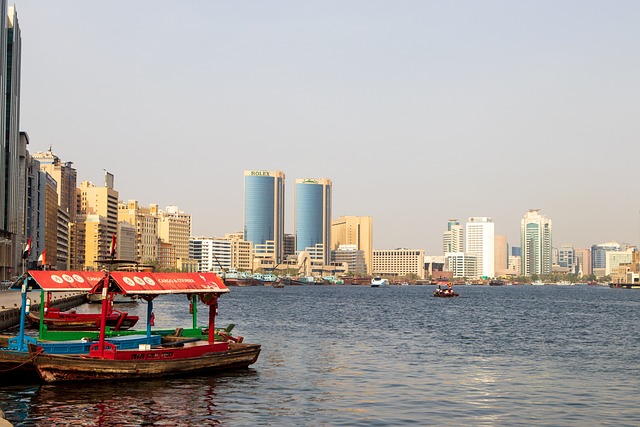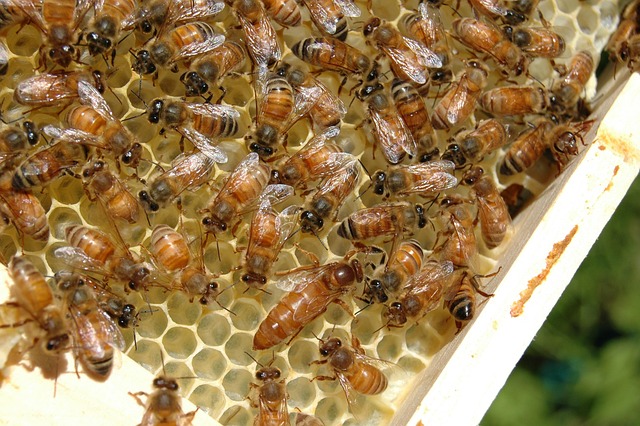Growing demand for properties catering to equestrian interests reflects people's deep connection with horses. Equestrian-friendly neighborhoods, characterized by ample land, stables, and supportive infrastructure, are becoming increasingly desirable. Real estate developers offer tailored properties for horse owners, enriching communities and fostering bonds between residents and nature. Ideal farms combine open spaces, fertile soil, water access, and community among like-minded individuals; equestrian neighborhoods boast well-maintained trails, spacious stables, and strong community ties. Investing in rural real estate offers tranquility and opportunity, appealing to nature lovers seeking healthier routines and diversification beyond conventional investments.
In today’s world, there’s a growing demand for equestrian-friendly real estate, with local farms and nearby rural areas becoming increasingly sought after. This trend presents an attractive opportunity for investors looking to blend their love for horses with sound financial decisions. Understanding this market involves examining the factors that drive interest in equestrian properties, from recreational riding to working ranches. By identifying ideal farms and neighborhoods, prospective buyers can secure lucrative real estate investments while enjoying a unique lifestyle.
Understanding the Demand for Equestrian Properties

In recent years, there’s been a notable shift in demand within the real estate market, with an increasing number of buyers seeking properties that accommodate equestrian interests. This growing trend highlights a deep-rooted connection between individuals and horses, fostering a desire for living environments that seamlessly blend residential comfort with equine accessibility. Equestrian-friendly neighborhoods, characterized by ample land, proximity to stables, and supportive local infrastructure, are becoming increasingly attractive to horse owners and enthusiasts alike.
The allure of owning property that facilitates easy access to equestrian activities is multifaceted. For many, it’s about more than just having a horse; it’s a lifestyle choice that promotes a healthier, more active life. As such, real estate developers and agents are paying close attention to this shifting market demand, responding with tailored offerings that cater to the unique needs of equine aficionados. This shift promises to enrich local communities, fostering vibrant interactions between residents and the region’s natural landscape.
Identifying Ideal Farms and Neighborhoods

When it comes to finding the perfect harmony between local farms and equestrian-friendly neighborhoods, real estate enthusiasts should embark on a journey that combines both passion for nature and an eye for quality property. The ideal farm should offer vast, open spaces, rich soil suitable for agriculture, and easy access to water sources – all while being surrounded by like-minded communities. These farms often double as lush oases where residents can engage in various agricultural activities, from raising livestock to cultivating a diverse array of crops.
Neighborhoods that cater to equestrians typically feature well-maintained trails, spacious stables, and a strong sense of community among residents who share a deep love for horses. Real estate agents specializing in this niche understand the unique needs of equestrian enthusiasts, including ample land for riding arenas, pastures, and even private horse facilities. By prioritizing these aspects, buyers can secure properties that not only accommodate their passion but also foster lasting connections with fellow horse lovers.
The Benefits of Investing in Rural Real Estate

Investing in rural real estate offers a unique array of benefits, especially for those with an affinity for agriculture and equestrian lifestyle. One of the key advantages is the proximity to local farms and natural landscapes, providing a serene environment that urban areas often lack. This setting not only appeals to nature enthusiasts but also promotes a healthier, more active lifestyle.
Additionally, rural properties often come with larger plots of land, allowing for various opportunities like expanding agricultural practices, keeping livestock, or even establishing an equestrian center. The potential for diversification in income streams makes it an attractive proposition for investors looking beyond traditional real estate investments.






